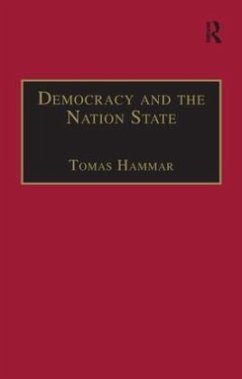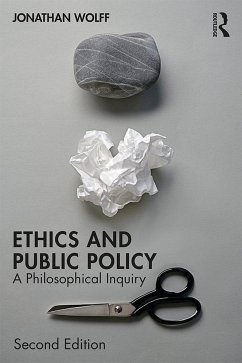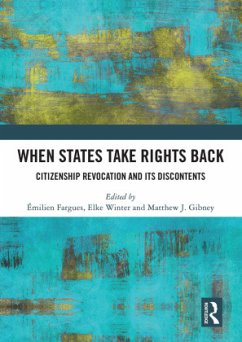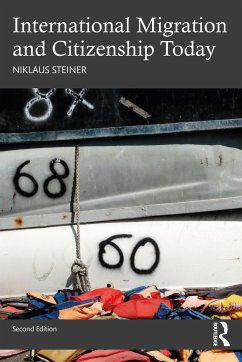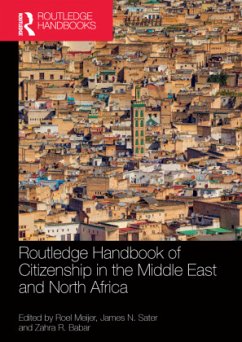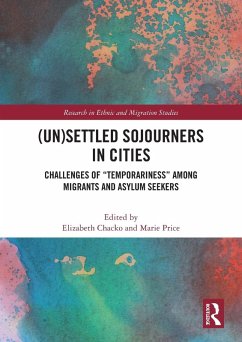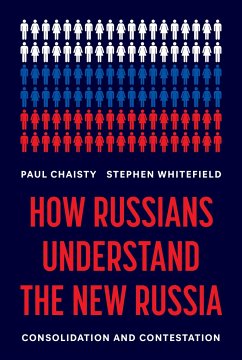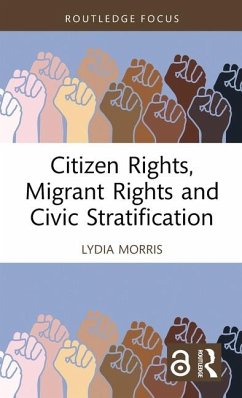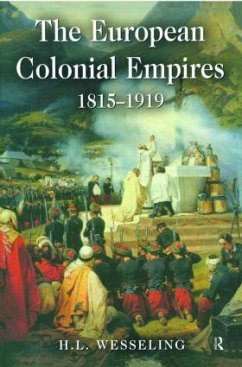
Domination, Migration and Non-Citizens
Versandkostenfrei!
Versandfertig in 6-10 Tagen
45,99 €
inkl. MwSt.
Weitere Ausgaben:

PAYBACK Punkte
23 °P sammeln!
Does the concept of domination cast new light on issues that arise in the context of migration and citizenship? If citizenship is a status that provides protection from domination, understood as subjection to arbitrary interference, are non-citizens - whether outside or inside the state - necessarily subject to domination by virtue of being non-citizens? Does domination provide a useful basis for considering the harms that migrants suffer? If non-domination is a value to be promoted in politics, what are the implications for the treatment of migrants and resident non-citizens?This book address...
Does the concept of domination cast new light on issues that arise in the context of migration and citizenship? If citizenship is a status that provides protection from domination, understood as subjection to arbitrary interference, are non-citizens - whether outside or inside the state - necessarily subject to domination by virtue of being non-citizens? Does domination provide a useful basis for considering the harms that migrants suffer? If non-domination is a value to be promoted in politics, what are the implications for the treatment of migrants and resident non-citizens?
This book addresses issues of migration and citizenship within the frame of freedom, in terms of domination, understood as being subject to the threat of arbitrary interference. Coming from a variety of perspectives, the chapters examine the issues of migration controls, differential resident statuses, including temporary workers, refugees and long-term residents, and the conditions for access to citizenship in the light of these concerns.
This book was published as a special issue of the Critical Review of International Social and Political Philosophy.
This book addresses issues of migration and citizenship within the frame of freedom, in terms of domination, understood as being subject to the threat of arbitrary interference. Coming from a variety of perspectives, the chapters examine the issues of migration controls, differential resident statuses, including temporary workers, refugees and long-term residents, and the conditions for access to citizenship in the light of these concerns.
This book was published as a special issue of the Critical Review of International Social and Political Philosophy.




